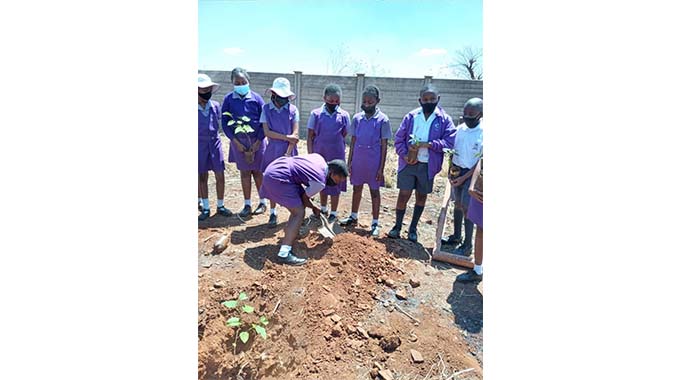Teach-ins in law a must for chiefs

Stephen Mpofu, Perspective
Traditional leaders in our country are undoubtedly strong pillars of support for Government national development policies.
But where the chiefs are viewed as keeling over, as is the case right now, in cases of the administration of justice any failures on their part in that respect should not be condemned but must instead be viewed as indicating a need for education to comply with requirements of the country’s justice system.
Lately, a news story has been trending to the effect that many judgements by traditional leaders in their courts were being quashed on appeal to judicial courts by those found guilty.
A general opinion by lawyers and other people knowledgeable about the ways traditional leaders adjudicate cases is that a great need exists for chiefs to undergo education in the administration of justice.
The head of a law firm in Bulawayo who preferred anonymity in his contribution on the way traditional leaders deal with cases noted that traditional leaders adjudicate cases in various indigenous languages germain to their areas and that the chiefs must therefore know the basics and principles of the legal justice system when dealing with cases under their jurisdiction.
A former assistant editor of Chronicle who recently celebrated 91 years of age, and is a successful irrigation farmer in the Marula area near Bulawayo, Mr Jonathan Maphenduka, said a few days ago that seminars should be held on basic principles of adjudicating cases to enable traditional leaders to play their role without any blemishes in that respect.

President Mnangagwa cuts a ribbon to hand over vehicles to recently installed chiefs after the National Chiefs Conference in Bulawayo recently.
He suggested that the traditional leaders probably pass judgement that are eventually spiked by superior courts, with the genuine intention of frightening or intimidating villagers against dissension.
Zimbabwe’s education system is well-known for it’s very, very high literacy rating on the African continent.
Because that system transcends functional literacy — the mere ability to read and write it should therefore also engender basic principles of our country’s judicial system to the young inheriting traditional leadership on succession as the old guards pass on or retire due to advanced age.
In fact younger generations of Zimbabweans, educated or/and more educated than current traditional leaders must be motivated to succeed their parents or relatives as chiefs well conversant with the principles of the laws of the land so that their adjudication of cases will be beyond reproach by superior courts and in that way peace and harmony will reign in the countryside to give greater momentum to developmental projects, what with the devolution fund being allocated for the upliftment of lives in the countryside.
In fact, the Government’s provision of vehicles to chiefs for their mobility as demonstrated recently should be a fillip for enhanced co-operation between the masses out there in rural areas previously frowned upon by white racist colonial rulers as “the periphery” and a Government of the people by the people for the people of Zimbabwe.











Comments